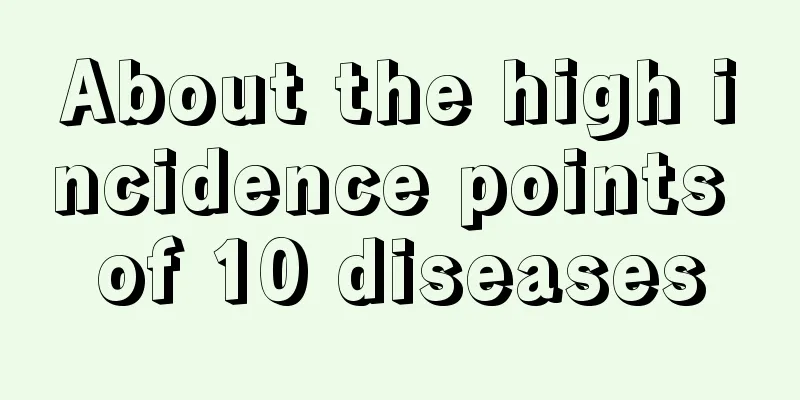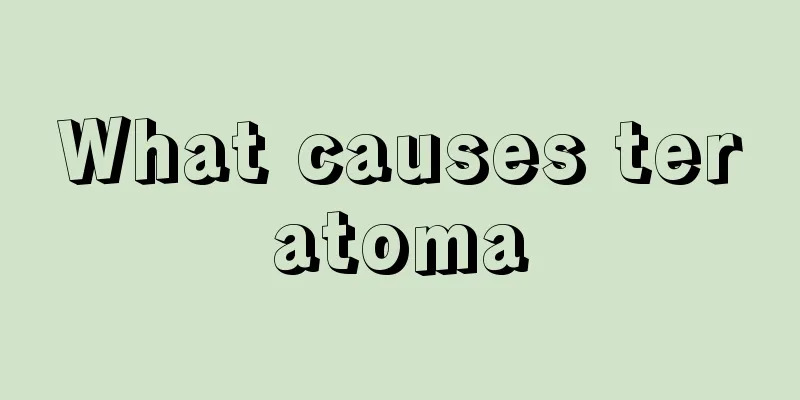About the high incidence points of 10 diseases

|
The human body's biological clock will affect the onset of disease to a certain extent. Recently, the Popular Health Network published some time periods when common diseases are most prevalent or symptoms worsen, reminding patients to pay more attention. asthma 4am to 6am. Asthma attacks during this time are 100 times more common than at other times, partly because the body is more sensitive to adrenaline in the morning, which can cause the bronchi to narrow. In addition, there is a lot of dust and mites on the bed, and people will inevitably have "intimate contact" with them when sleeping, which may also trigger asthma. American allergist Carlo Pare recommends: "Don't fold the quilt immediately after getting up. Let the quilt dry in the sun, keep the room ventilated, and change pillows regularly to reduce dust and mites and reduce the risk of allergies." Patients can also take preventive medications in the afternoon or evening of the previous day. toothache 3am to 8am. The incidence of toothache during this period is twice as high as at other times. Professor of Medicine Smolansky said that this may be related to the decrease in adrenal cortisol secretion at night and the weakening of anti-inflammatory effect. Taking aspirin in the morning is more effective in treating toothache, but it should not be taken on an empty stomach to avoid irritating the stomach and intestines. Migraine 4am to 9am. American scientists have discovered that a person's blood pressure will rise during this period, and the blood vessels in the area of the headache will dilate, which can easily aggravate the headache. The earlier a migraine is treated, the better the effect. If it occurs repeatedly at night, do not endure it and see a doctor immediately. heart disease 6am to 10am. Professor Ibanez of Carlos University in Spain said that the protein activating enzyme in the human body that can prevent heart damage is at lower levels in the morning. The study found that rapidly rising blood pressure, low protein intake, and reduced cell activity that prevents blood clots all increased the risk of heart attacks during this period by 40%, and the symptoms were also more severe. Once symptoms of a heart attack appear, be sure to take emergency medications such as nitroglycerin and seek medical attention immediately. cold 8am to 11am. Studies on patients with colds have found that the body's anti-inflammatory hormone levels decrease at night, and the nasal passages are more relaxed during the day than at night, which can cause the cold to worsen during this period. Generally speaking, taking symptomatic medication can improve symptoms to a great extent. Anxiety disorders 3pm to 6pm. Studies have found that mental illnesses such as phobias, anxiety disorders, and depression tend to worsen during the afternoon and evening. Doing some mental-calming rehabilitation therapy every day can avoid this to a certain extent. epilepsy 3pm~9pm Temporal lobe epilepsy is more likely to occur during this time, while frontal lobe epilepsy is more likely to occur at night when sleeping. Professor Mark Quigley of the University of Virginia believes that patients with temporal lobe epilepsy can choose to take medication in the afternoon, while patients with frontal lobe epilepsy can choose to take medication before going to bed at night. Itchy skin 7pm to 11pm. During this period, the itching symptoms of eczema and dermatitis will worsen for many people. Professor Gill of Wake Forest University in the United States believes that the skin's temperature rises and it becomes more dehydrated at night, which aggravates itching. However, the skin's absorption capacity is also very strong at this time, and targeted treatment will be more effective. Osteoarthritis 8pm to midnight. Researchers at the University of Ontario in Canada found that during this period, the pain in osteoarthritis patients increased, which may be related to the involvement of bones and joints after a day of activity. If you are taking long-acting painkillers, it is recommended that you take them in the morning because there are more side effects if you take them at night. Heartburn 8pm to 2am. Heartburn patients are three times more likely to have it after dinner than after the other two meals. Professor Smolansky said that during this period, the body's gastric acid secretion increases, heartburn symptoms worsen, and may also affect sleep. He suggested that patients take the medicine before going to bed at night and try to sleep on their backs or left sides, because sleeping on the right side may aggravate acid reflux. |
<<: Stand for 1 hour every day to prevent cancer and protect your heart
>>: 7 magic weapons for longevity
Recommend
Are ventricular premature beats serious? Are premature heart beats dangerous?
For patients with heart disease, premature beats ...
Early symptoms of cervical cancer. Know these to keep cervical cancer away from you
Cervical cancer is like a natural enemy to women....
Hemangioma in the lips
The growth of hemangioma inside the lips may be c...
Quickly improve IQ in 7 days, several ways to improve IQ
Although IQ is often innate, it can be improved t...
Tea storage temperature
Tea is a drink unique to the Chinese nation. Ther...
Can rabies be cured in the early stages?
Rabies is a very ferocious viral disease among al...
What differential diagnosis should be done for prostate cancer
Prostate cancer is a notorious and malignant dise...
The inside of the onychomycosis nails smells bad
Onychomycosis is a common fungal infection. As th...
What are the benefits of washing your face with rice water
Rice washing water is common in daily life. Many ...
How to increase hair volume
The human body undergoes normal metabolism every ...
What should I do if I am allergic to dust? What are the methods?
Many of my friends' noses are allergic to dus...
What are the adverse reactions of amino acid glucose capsules
If symptoms such as nausea, vomiting, or constipa...
Is yam cold in nature?
Yam is not a cold food, and there are many ways t...
What kind of bonsai is suitable for indoors?
Everyone knows that the bedroom is a place for pe...
The difference between yellow potato and sweet potato
Yellow potatoes and sweet potatoes are both tuber...









